
The Leverhulme have launched their Doctoral Scholarships scheme offering UK universities funding of 15 Leverhulme Doctoral Scholarships in a priority research area for that institution. As a university we may submit one application only and therefore the university will be coordinating expressions of interest from Academic Staff.
By 11th February 2020, those who are interested in making an application to the Leverhulme Doctoral Scholarships are invited to submit the following expression of interest – Leverhulme Doctoral Scholarships EOI to Alexandra Pekalski .
Further information about the scheme is available from the Leverhulme Trust. Applicants are advised to check the eligibility criteria very carefully.
Purpose of funding
The Leverhulme will fund 15 doctoral scholarships in a priority research area for that institution. Each award funds 15 Leverhulme Doctoral Scholarships at that institution, with 5 scholarships to be offered in each year of the first three years of the grant.
Each scholarship is for a fixed sum of £90,000 for each student for up to 48 months of full-time doctoral study. This covers:
- maintenance (at research council levels)
- tuition fees
Any remaining funds are to be used for the Leverhulme Scholar’s research and training expenses.
While the scholarships may be held by students of all nationalities, the Trust has a particular interest in supporting UK or EU students.
Process for selecting applications to be submitted
Should you be interested in applying, please note that your expression of interest application will be assessed by Doctoral Funding Panel. Further details of the assessment criteria can be found within the Leverhulme Doctoral Scholarships EOI . Candidates can expect feedback by 25th February 2019.
Timetable
| 21-01-2020 | RDS advertise Expression of Interest (EoI)competition for call |
| 11-02-2020 | EoI deadline (EoIs to be sent to RDS) |
| 13-02-2020 | Papers (applications) sent to Doctoral Funding panel (RDS to administer) |
| 20-02-2020 | Doctoral Funding panel meeting (virtual) |
| 25-02-2020 | Doctoral Funding panel decision and feedback disseminated to applicants |
| 25-02-2020 | RDS to contact Leverhulme to provide the Trust with the principal applicant’s name, departmental affiliation and email address. Access will then be granted to the Leverhulme Trust Grants Management System |
| March/April/May-2020 | Applicants develop proposals with the support of RDS and Doctoral College |
| 22-05-2020 | Application finalised for APF financial sign-off by UET |
| 05-06-2020 | Leverhulme Doctoral Scholarships Deadline |
If you have further questions or queries please contact Alexandra Pekalski (apekalski@bournemouth.ac.uk) and/or Lisa Andrews (andrewsl@bournemouth.ac.uk ). For queries relating to Doctoral colleague support please contact Fiona Knight (fknight@bournemouth.ac.uk) and/or Julia Taylor (jtaylor@bournemouthac.uk).







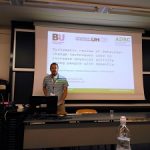
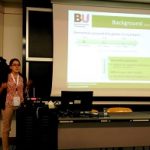
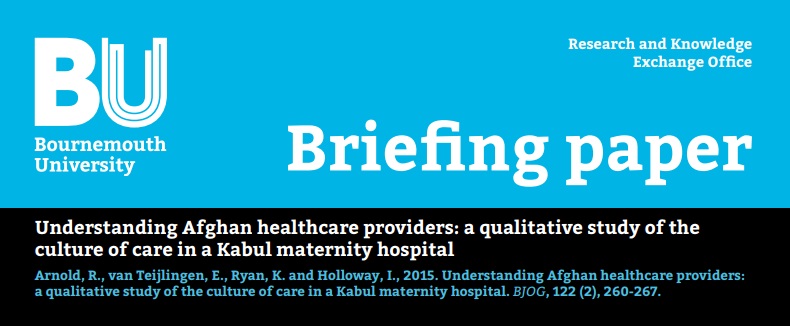 Our
Our  Live online event on the 8th June 2017
Live online event on the 8th June 2017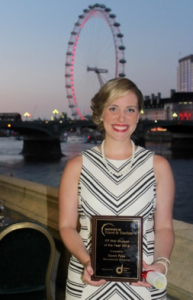
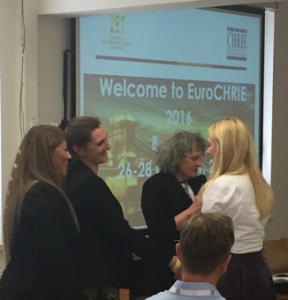
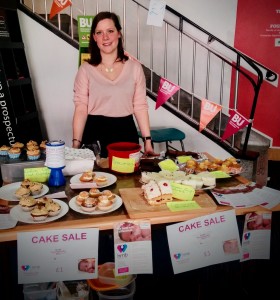 The amount raised will help to either
The amount raised will help to either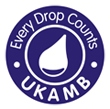 If you would like to learn more about donor milk visit the website of the
If you would like to learn more about donor milk visit the website of the 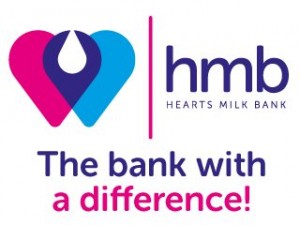 If you would like to learn more about the
If you would like to learn more about the 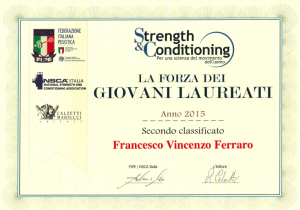
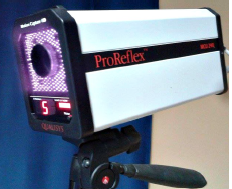 using a system of 8 QTM cameras and a force plate, I measured the effect of different tasks upon the static balance in 20 young volunteers.
using a system of 8 QTM cameras and a force plate, I measured the effect of different tasks upon the static balance in 20 young volunteers.
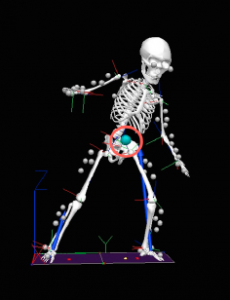 Special thanks go to the people who helped me at the
Special thanks go to the people who helped me at the 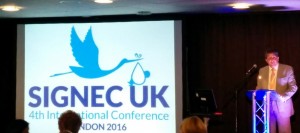
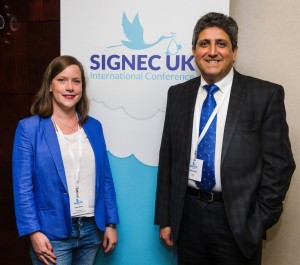 My supervisor Dr Simon Dyall and I were delighted to be invited to attend this event, since, together with Minesh, we are looking at the role of essential fatty acids in perinatal health. As stated above, NEC is a major health concern in the perinatal period, which potentially benefits from essential fatty acids. Furthermore, the event was a perfect opportunity to network with people working in the field of perinatal health and to get more ideas for future research.
My supervisor Dr Simon Dyall and I were delighted to be invited to attend this event, since, together with Minesh, we are looking at the role of essential fatty acids in perinatal health. As stated above, NEC is a major health concern in the perinatal period, which potentially benefits from essential fatty acids. Furthermore, the event was a perfect opportunity to network with people working in the field of perinatal health and to get more ideas for future research.
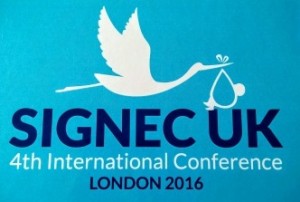 If you would like to learn more about SIGNEC UK or attend next year’s conference, please contact Prof Minesh Khashu at
If you would like to learn more about SIGNEC UK or attend next year’s conference, please contact Prof Minesh Khashu at  Date: 17th November
Date: 17th November Preterm born babies are at high risk to develop a wide range of complications.
Preterm born babies are at high risk to develop a wide range of complications.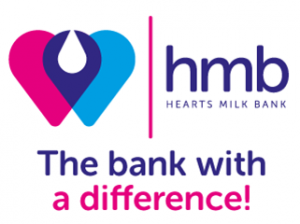 The
The 










 Expand Your Impact: Collaboration and Networking Workshops for Researchers
Expand Your Impact: Collaboration and Networking Workshops for Researchers Visiting Prof. Sujan Marahatta presenting at BU
Visiting Prof. Sujan Marahatta presenting at BU 3C Event: Research Culture, Community & Can you Guess Who? Thursday 26 March 1-2pm
3C Event: Research Culture, Community & Can you Guess Who? Thursday 26 March 1-2pm UKCGE Recognised Research Supervision Programme: Deadline Approaching
UKCGE Recognised Research Supervision Programme: Deadline Approaching ECR Funding Open Call: Research Culture & Community Grant – Apply now
ECR Funding Open Call: Research Culture & Community Grant – Apply now ECR Funding Open Call: Research Culture & Community Grant – Application Deadline Friday 12 December
ECR Funding Open Call: Research Culture & Community Grant – Application Deadline Friday 12 December MSCA Postdoctoral Fellowships 2025 Call
MSCA Postdoctoral Fellowships 2025 Call ERC Advanced Grant 2025 Webinar
ERC Advanced Grant 2025 Webinar Update on UKRO services
Update on UKRO services European research project exploring use of ‘virtual twins’ to better manage metabolic associated fatty liver disease
European research project exploring use of ‘virtual twins’ to better manage metabolic associated fatty liver disease